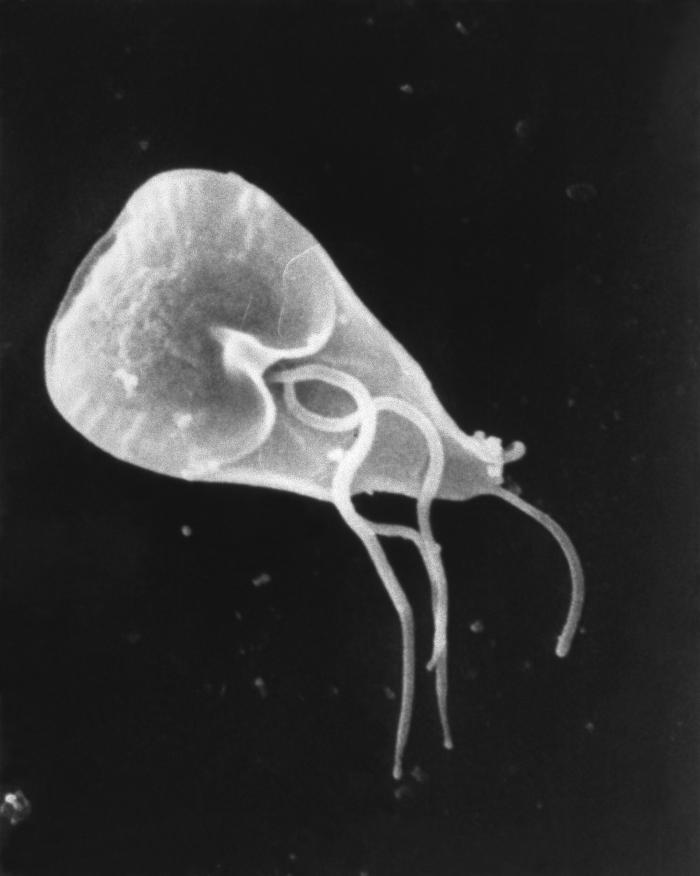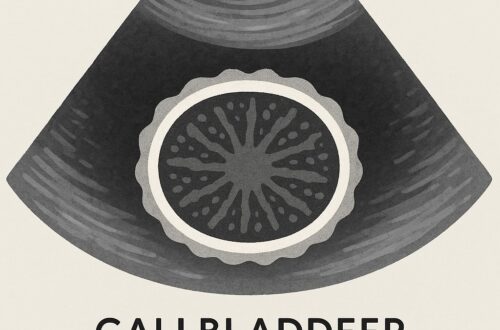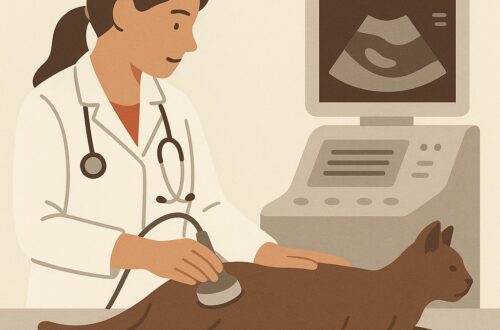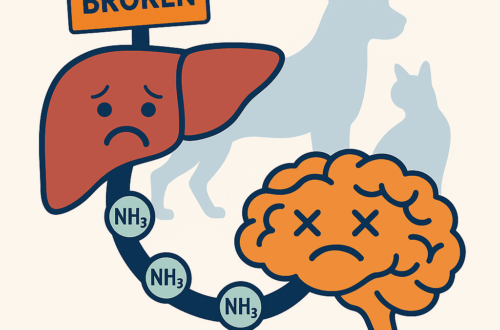There are many causes of chronic diarrhea in dogs and cats – inflammatory bowel disease (IBD), exocrine pancreatic insufficiency, chronic pancreatitis just to name a few. A protozoan called Giardia duodenalis is found worldwide, and is a very common cause of diarrhea. This week I’ve dedicated some space to providing more information, and I hope you find it helpful. Happy reading!
Giardiasis – What is it?
Giardia duodenalis is a protozoan parasite that infects mammals worldwide. Giardia spp. are found in two forms – trophozoite and cyst. The form is the active, motile form, while the latter is the resistant stage predominantly responsible for transmission. Interestingly, each cyst contains trophozoites and other important structures. Typically, a dog or cat becomes infected with the cyst form through ingestion of contaminated water, food, or objects (called fomites); they may even become infected by ingesting prey if the organisms are present in the intestines of the prey species.

Cysts are broken down in the small intestines after exposure to stomach and pancreatic enzymes – this process is called excystation. The trophozoites that were inside the cysts subsequently attach themselves to the lining of the small intestines or swim freely in the lumen of the intestinal tract. Here, the trophozoites damage individual small intestinal cells (called enterocytes) to disrupt normal digestive and nutrient absorptive processes. Trophozoites then multiply and ultimately encyst via an unknown mechanism. Upon encystation, they are excreted in feces, thus completing the life cycle.

Giardiasis – What does it look like?
It’s important to note most dogs and cats shedding Giardia spp. in their feces do not have clinical signs. Younger patients, those with compromised immune systems, and those who live in crowded environments most commonly develop clinical disease. Giardia spp. may cause acute large volume watery diarrhea (called small bowel diarrhea). Patients may also be chronically infected, characterized by weight loss and frequent episodes of small volume mucoid diarrhea (called large bowel diarrhea).
Giardiasis – How is it diagnosed?
Giardia spp. are one of the most commonly over- and under-diagnosed parasites. Yeast organisms are frequently mistaken for Giardia spp., leading to false-positive diagnoses. Conversely, cysts may only be intermittently shed in feces. Thus, false-negative fecal test results are possible. Unfortunately, there is no singular perfect test to diagnose giardiasis. Thus, veterinarians typically recommend a combination of fecal tests to maximize the likelihood of making an accurate diagnosis.

Giardiasis – How is it treated?
Completely eliminating Giardia spp. from the intestinal tract of dogs and cats can be challenging. Thus, the goal of therapy is to resolve diarrhea. Drugs most commonly used to treat giardiasis include fenbendazole, metronidazole, and praziquantel / pyrantel pamoate. A key component of therapy is taking steps to prevent reinfection in controlled environments. Thorough environment decontamination, effective treatment of infected animals, cleaning cysts from hair coats, and preventing reintroduction of infected pets.

Humans may become infected with Giardia spp. found both in the environment and potentially from dogs and cats. Proper handwashing after handling infected pets is absolutely essential. Furthermore, children, the elderly, and immunocompromised people should not handle infected pets until clinical signs are adequately controlled. Consultation with one’s personal physician may be helpful.
The take-away message about giardiasis in dogs & cats…
Giardiasis is a protozoal infection in dogs and cats that causes acute and chronic diarrhea. With prompt and accurate diagnosis, clinical signs in infected pets can be adequately controlled long-term. Given the zoonotic potential, proper handwashing after handling infected pets is of paramount importance.
To find a board-certified veterinary small animal internal medicine specialists, please visit the American College of Veterinary Internal Medicine.
Wishing you wet-nosed kisses,
CriticalCareDVM





